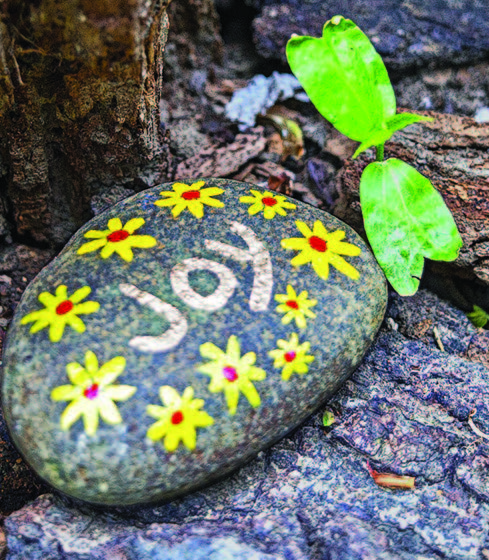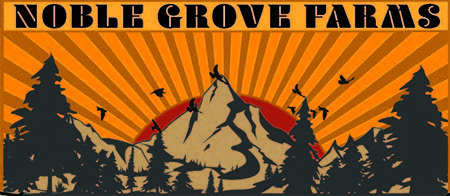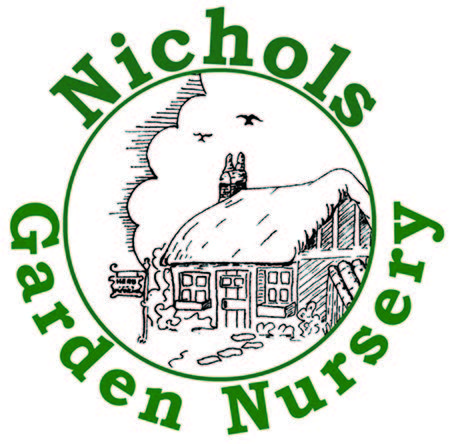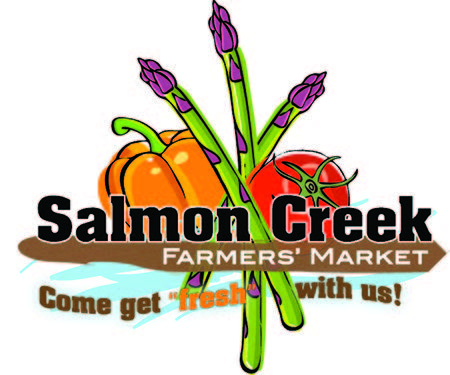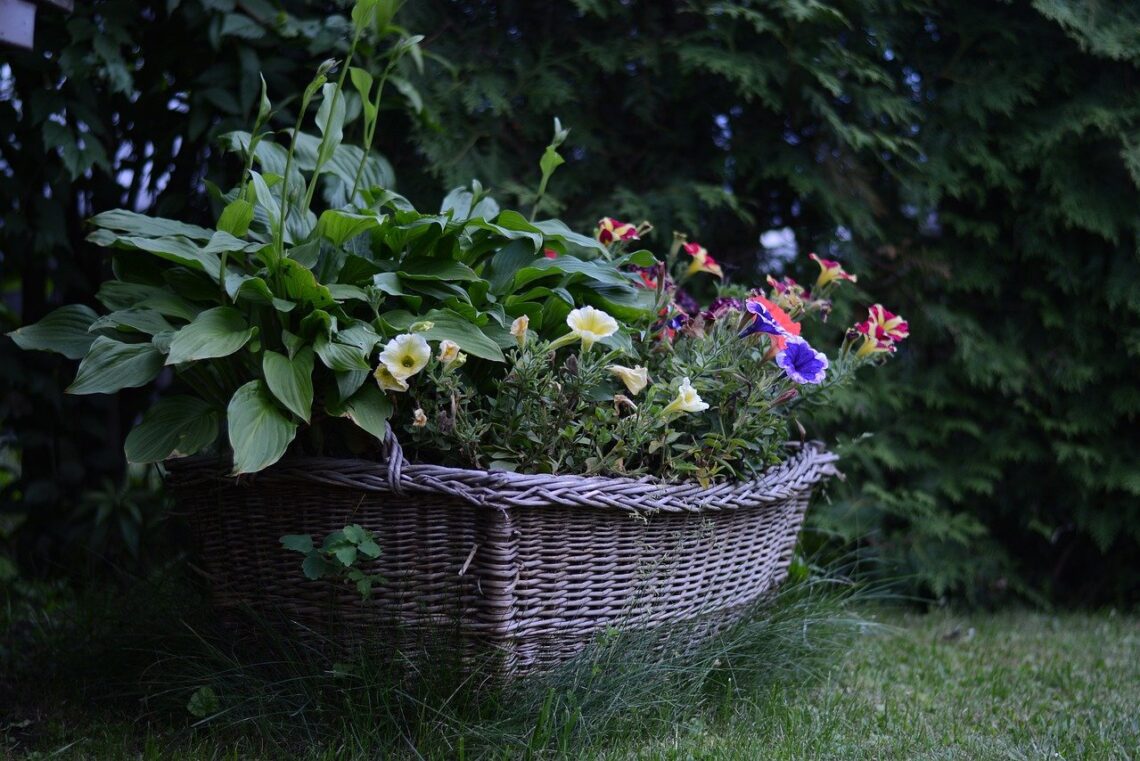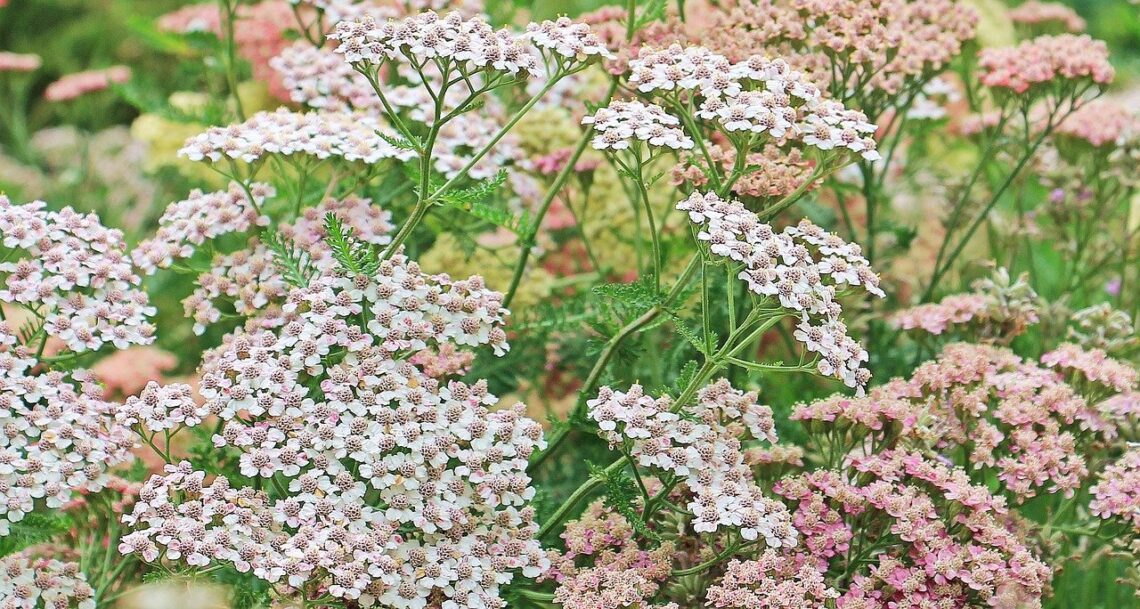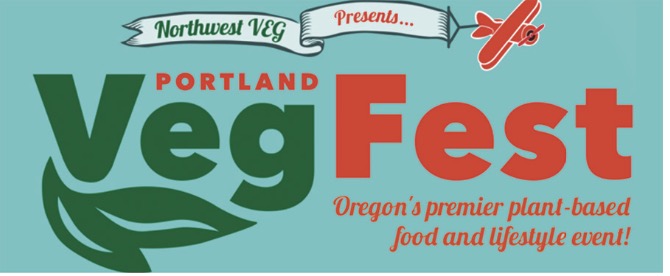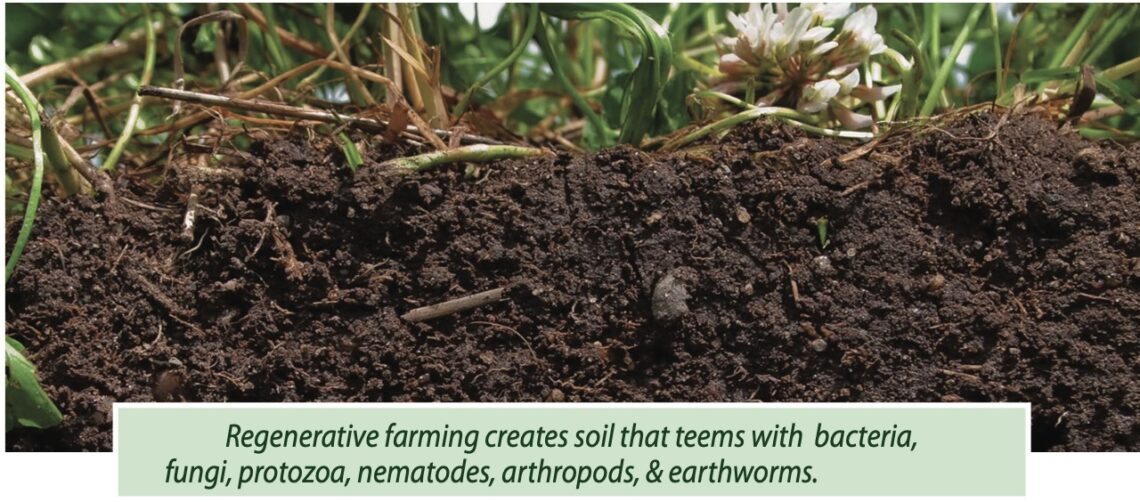Don’t miss the Rock n’ Revelry on August 14th Tis the season for an outdoor scavenger hunt! On Saturday, August 14th, traverse your favorite part of Portland in search of 50+ painted rocks. When you find a treasure, flip over the rock to scan the QR code and learn from what local shop or restaurant you’ve won a small goodie. Ranging from a free appetizer to a $5 gift card to fun bumper stickers, all prizes are from your favorite veg-friendly places around town. Everyone is welcome and encouraged to join in the fun. This event is sponsored by Northwest VEG, and we would love your help jazzing up our…
-
-
Noble Grove Farms Expands
Golden Roots Bokashi has partnered with a local builder and engineer to expand operations in the Gorge! As a result, They’ve moved into new farm space. They will be producing additional earth-friendly products aimed at healing the soil and empowering growers- from backyard enthusiasts to career orchardists, farmers, and ranchers. With refreshed branding, they’ll be providing the same Bokashi, Soil Amendments (and more!), under the new name of Noble Grove Farms, LLC. Available at www.azurestandard.com
-
Nichols Garden Nursery has Moved
After seventy years, Nichols Garden Nursery has moved from Millersburg on the outskirts of Albany to Philomath, Oregon, on Highway 20/34 across from the Philomath Museum. While Nichols Garden Nursery is primarily a mail-order garden seed company, visitors are always welcome. In addition to the physical relocation, Nichols’ online store has been updated for a better customer experience. The improved website should run faster and smoother. This family business is now in its third generation. New Address 1136 Main St. Philomath, OR 97370 New Mail Address PO Box 1299 Philomath, OR 97370 For more info: nicholsgardennursery.com
-
SALMON CREEK FARMERS MARKET 2021 NEW LOCATION!
The Salmon Creek Farmers’ Market will open its Tuesday market on the southeast side of Kaiser Permanente’s parking lot at 14406 NE 20th Avenue in Salmon Creek. Starting Tuesday, June 8, the market will be open from 11 a.m. to 3 p.m. The Salmon Creek farmers’ market has been a favorite within the community for the last ten years by continuing to offer seasonal fruits and vegetables, flowers, honey, processed foods, including freshly made fruit juices, nuts, and nut butters, bagels, baked goods and more – all from producers and growers local to Clark County. The Salmon Creek market warmly accepts SNAP customers and offers an up to $40 Market…
-
Recycling in the Garden
If you are reading the Green Living Journal, you probably are committed to protecting the earth and reducing your drain on its plentiful resources. But the term “recycling” in the garden environment is often overlooked by mindful gardeners. Your garden is the most precious and vulnerable area you can impact and has all of the basics from which other recycling concepts arise. Consider: “they” are not importing atoms from Mars, or any farther planet, according to NASA. The particles that make up every rock, animal, plant, fungus, bacteria, or other earth forms—living or inanimate—were here at the creation of the planet. Our natural world is the simplest form of recycling.…
-
Herbs Are Native, Too
Most of the herbs we grow or harvest are native somewhere. Many of them have Mediterranean backgrounds, but many more began in the woods and prairies nearer to home and were here before Europeans arrived. Some native plants are still foraged in their natural settings for personal use. Others have been domesticated, which we plant in our herb beds. Indigenous peoples were well acquainted with these native plants and used them for cooking, healing, and general well-being. Let’s dive into some native plants! Yarrow – Achillea millefolium This native plant is not only found in the woods, where it may come in handy when camping or hiking but is often found…
-
Cocacao Now Certified Organic
Cocacao, Twelve Chocolatey Bites of Paradise, is a coconut and cacao confection made from three organic ingredients. All products are vegan, gluten-free, soy-free, and has a low glycemic sweetener. Cocacao is now certified organic. “We have been working on it for a while, and now we have done it. We also changed our packaging and removed all plastic.” Because of this, you can now find Cocacao in the refrigerated sections of your favorite stores. Chosen as one of the Beaverton Startup Challenge winners through the Oregon Technology Business Center. They are using this opportunity to raise funding to spread Cocacao across the nation Try their new flavor, Cayenne and Cinnamon.…
-
The Climate Solution Right Under Our Feet
Regenerative farming practices— such as composting, incorporating animal grazing, diversifying crops—prioritize soil health. Fertile soil stores more carbon. This sequestration solution is not just for agriculture. A recent study found that better management of forests, grasslands, and soils in the United States could absorb as much as 21 percent of the country’s annual greenhouse gas emissions. There are a thousand ways to kneel and kiss the ground; there are a thousand ways to go home again. —Rumi The way to stop climate change might be buried in 300 square feet of earth in the Venice neighborhood of Los Angeles, amid kale and potatoes. A half- dozen city youth are digging…
-
VegFest 2020
CANCELLED GOING VIRTUAL! October 24–25, 2020 9am–5pm PST Historically the largest vegan food festival in the Pacific Northwest, Portland VegFest celebrates its 16th year by going virtual! Explore and chat with new vegan brands and learn about new products from your old favorites. Get your ingredients ready in advance to cook along with our nationally renowned vegan chefs. Hear from vegan activists, entrepreneurs, health experts, award-winning plant-powered athletes, and more. Stay tuned for vendor and attendee registration – coming soon! For more info: https://bit.ly/3iNwfPG
-
Regenerative Agriculture
for the Herb [and Home] Garden More and more farmers are switching to Regenerative Agriculture principles. One main reason for the switch is to take better care of topsoil, so less carbon is released into the atmosphere. The methods used increase soil water holding capacity, stop erosion, protect the purity of groundwater, and create conditions for more disease and pest-resilient crops. These worthwhile approaches to taking care of the planet can be incorporated on farms large or small, as well as home gardens. Maybe you are already using some of these practices but didn’t realize what an innovator you are. We do, and we’ve found that most of the methods…

